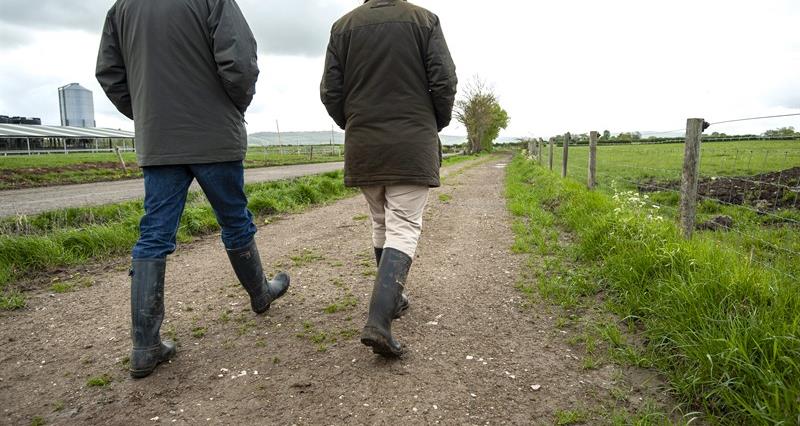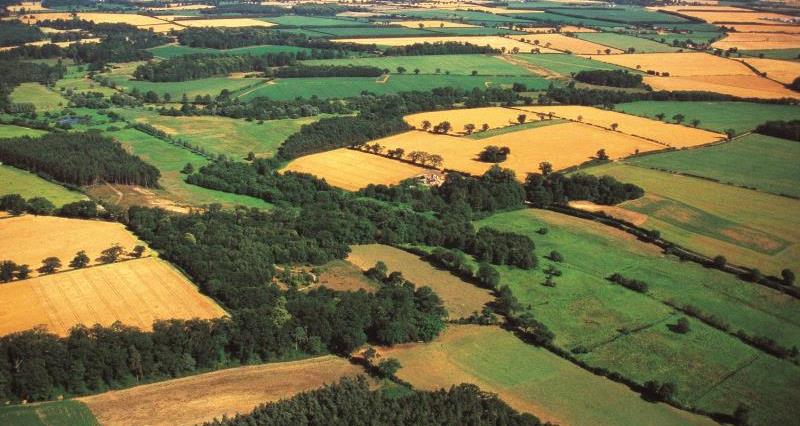Over the years, the NFU has talked to the RPA about the need to change its approach to farm visits. We've been asking the RPA to work in partnership with the industry to deliver common outcomes.
We welcome the recently introduced supportive, partnership-based approach to inspections. The change moves away from the penalty-based system under the EU, to farmer-focused visits for schemes such as the SFI (Sustainable Farming Incentive) and CS (Countryside Stewardship).
More information about this approach can be found on this RPA blog: RPA’s new supportive, partnership-based approach to visits | GOV.UK
Terminology
To reflect this change, the RPA states that inspections will now be referred to as visits, a broad term covering inspection, monitoring and environmental outcome visits.
Inspectors are now referred to as Field Officers and the RPA’s Inspectorate is known as the Regulatory and Advice Service.
The RPA will continue to check where public funds are being paid out, but encouragingly, going forward, RPA farm visits should also have greater emphasis on offering advice, guidance, and signposting to help improve compliance with standards and scheme requirements and achieve better outcomes for all concerned.
The changes
The new approach to farm visits includes:
- a summary of the visit for Cross Compliance and Countryside Stewardship domestically funded scheme visits
- advice and guidance given
- what is going well in the agreement
As part of the new approach, the RPA has introduced a new visit record checklist. This will help inform farmers of their responsibilities.
We've set out some tips on how to prepare for a site visit by an RPA Field Officer:
- On initial contact, the Field Officer will explain which scheme they are checking and what they need to see. Having this information available and ready for the site visit will help the visit run smoothly and be less time consuming.
- Depending on the scheme, they will need to see relevant paperwork such as seed invoices, bank statements (for date of payment of goods for grants and capital items) and other records relevant to the scheme.
- For Cross Compliance visits, the Field Officer will have a checklist of all the records and paperwork they will need to check which is relevant to you.
- For livestock visits (either cattle or sheep) the Field Officer will need to see all relevant herd or flock records.
- For cattle visits the Field Officer will need to check every passport on the holding and read the ear tag of every animal on the holding.
- For sheep visits the Field Officer will need to see every sheep on the holding and read the ear tags in a sample of sheep.
- The Field Officer will discuss their findings with you at the end of the visit and be able to give guidance, advice and signposting where needed.
Records
You can find a full list of all the records a field officer may need to see during a cross compliance visit at: Cross compliance visits: information needed for a visit | GOV.UK
Ongoing work
We will continue to work with the RPA to reduce the burden of farm visits. Critical to making this change is the ongoing training for Field Officers as schemes develop.
We also want you to hear from you farm visits, to find out what is working and what is not. Please contact us via: [email protected]

